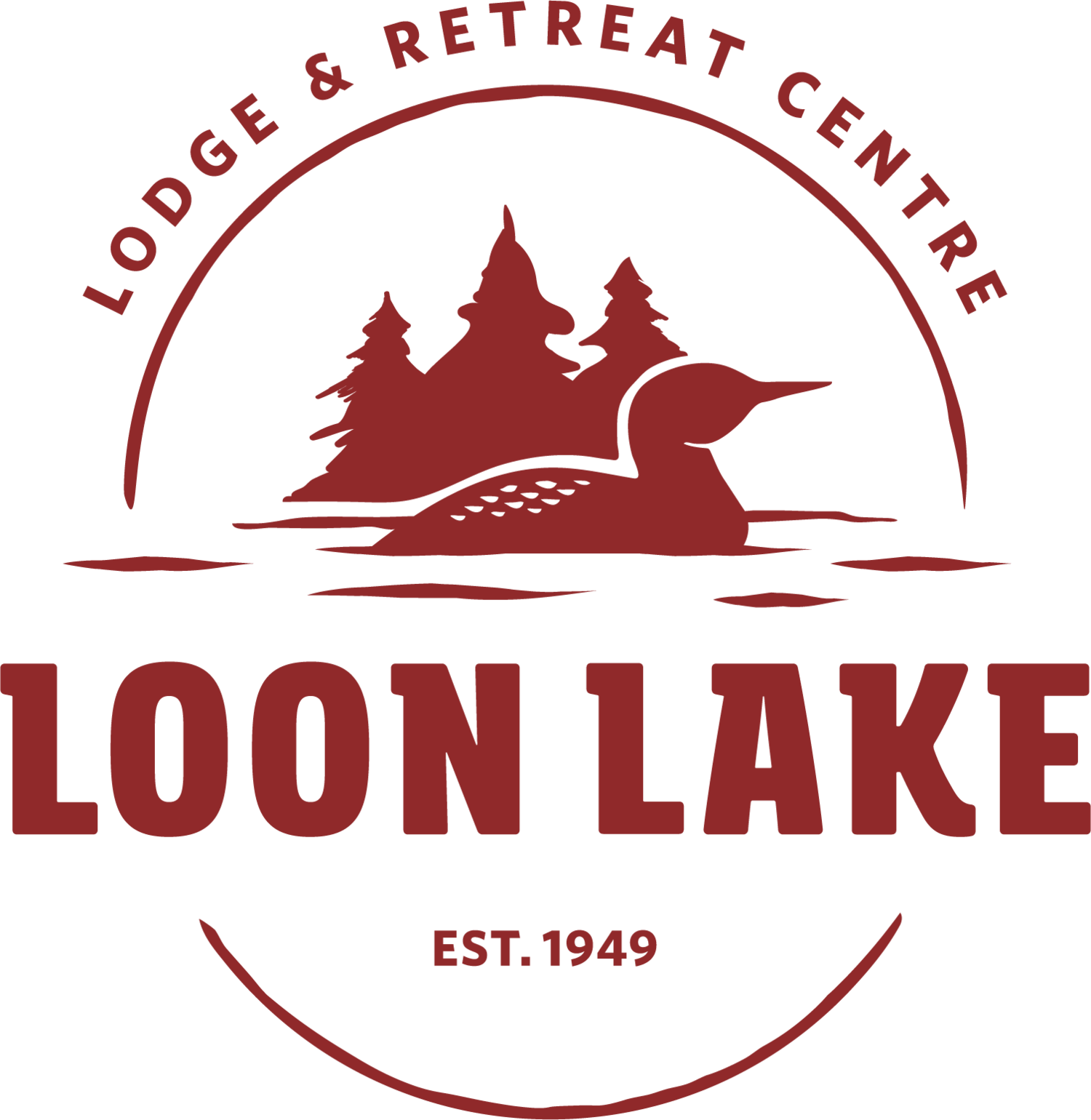1. Determine the “Purpose”
Start by sitting down with your team (if you have one) and walk through the objectives of your conference. Is it to generate sales? Build rapport? Improve Communications? Keep this 'purpose' in mind as you walk through the remaining 9 steps.
2. Create your wish list
In a perfect world, what would your conference feel like? Will it be all business all the time? Will it be personal? Will it be reflective? Write down details such as ideal locale, the types of speakers, the number and qualities and qualifications of attendees, the catering, and the activities.
3. Create a budget
How are you going to manage your expenses? Are you planning on subsidizing attendee costs with sponsors? Investigate all the resources you can leverage for free (such as speakers and online marketing and reservation tools) and what you can charge participants to cover costs and still make a profit (if that is a goal). Make a spreadsheet listing the major costs of your event – location fees, paid employees/speakers, catering, signage and hand-outs, A/V equipment, giveaways and gift bags, and any extras. Don’t forget to build in a 20% percent (just-in-case) cushion.
4. Choose responsibly
Expenses will be a huge factor in choosing where you can hold your event, what services to provide, and your maximum attendance. It's a balancing and you also want to select a location that is conveniently accessible to as many people as possible. When looking at 'an appropriate distance away to host a conference' rule follow ' Less than 30 mins away for a one day event; 1 hr for a day plus overnight event; and 2hrs for a 2/3 night event'.
Your ideal speaker may be Bill Gates, but realistically you may need to go manage expectations. A destination retreat, like Loon Lake Lodge and Retreat Centre, can certainly be appealing, but you need to ask whether there is enough meeting and personal rooms, and if participants enjoy the locale enough, and if you have a big enough itinerary to pay a premium for staying overnight.
Consider asking participants from past events like yours as to what's most important when attending such a conference and use these feedback carefully.
5. Work with service providers
Begin working with vendors of your expense items in your budget spreadsheet as soon as possible. Understand what will be provided in each instance, and review cancellation policies carefully (for instance, you need to know if the hotel will provide meals, or A/V equipment, and refreshments in your meeting rooms, or if you need to bring that in yourself). If you are in need of a specific supplier (perhaps a yoga instructor), we recommend checking with the Convention and Visitors Bureau in your destination city, or in our instance we can assist you in finding those options on your behalf.
6. Choose your speakers
Reach out to your contact list, and their contact list (your whole network) to identify the speaker(s) who will help you achieve your 'purpose' AND are within your budget (do not ask or expect professional speakers to appear for free - they get asked every day and that's their job). Review any past videos of their presentations and talk with people who have heard the speaker in action. When speaking with a potential speaker, provide them with lots of details so they can customize remarks to fit your audience, and make sure you are on top of their travel arrangements and any other requirements.
7. Set the itinerary
Draft a detailed timeline for your conference that starts early (8AM is reasonable) and ends early (4PM). Schedule a mix of formal speakers, small group workshops, and free networking time. Plan to feed your participants every few hours, either with a full meal or a break snack. After the day’s agenda is complete, consider hosting a dinner at a nearby restaurant or local entertainment such as a tour.
8. Market your event
Create a logo and colour scheme for your event, and display it on an event website with online registration. Rally your troops to spread the word through e-mail and guest posts in online media targeted to your audience. If appropriate, make use of local event listing websites. Consider offering discounts to organizations that send more than one participant.
9. Plan for a stress-free “Trial Run”
Communicate actively with your participants and vendors in advance so they know where to be and what to expect. Get their contact information and make sure they have yours. Tour the facility before your conference begins to make sure your staff is in place and everything is in working order. As things wind down and invoices come in, review them line-by-line so that you can resolve disputes on the spot.
10. Evaluate your event
Now that you are prepped to rule the event business industry (kidding), make sure you have resources to learn from for next time. Have your guests fill out survey's and look for common pieces of feedback.

